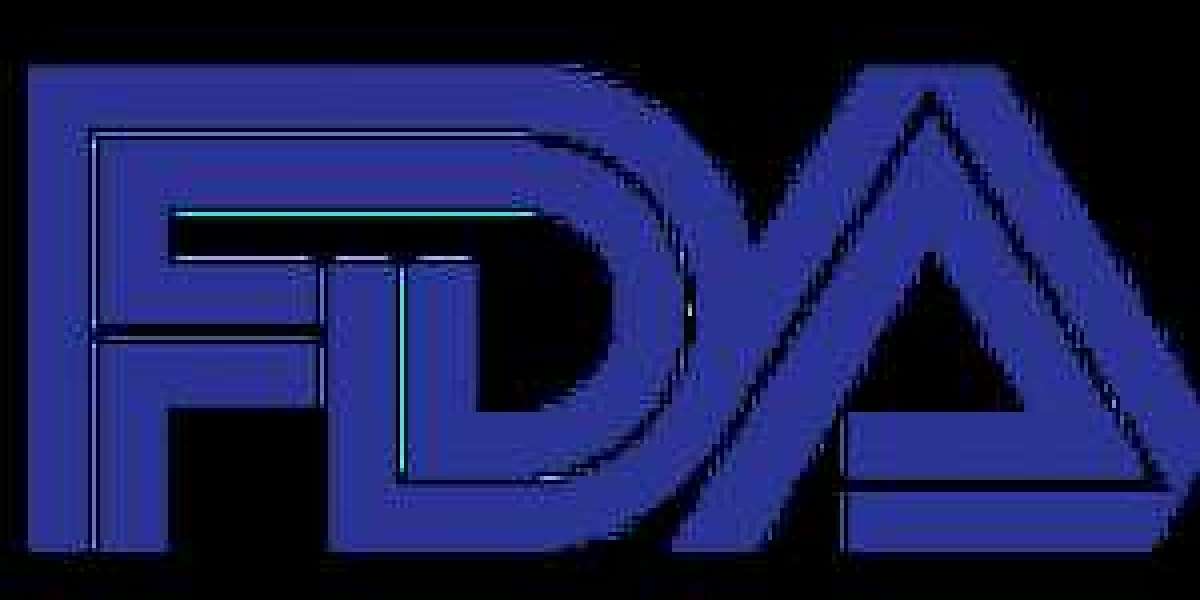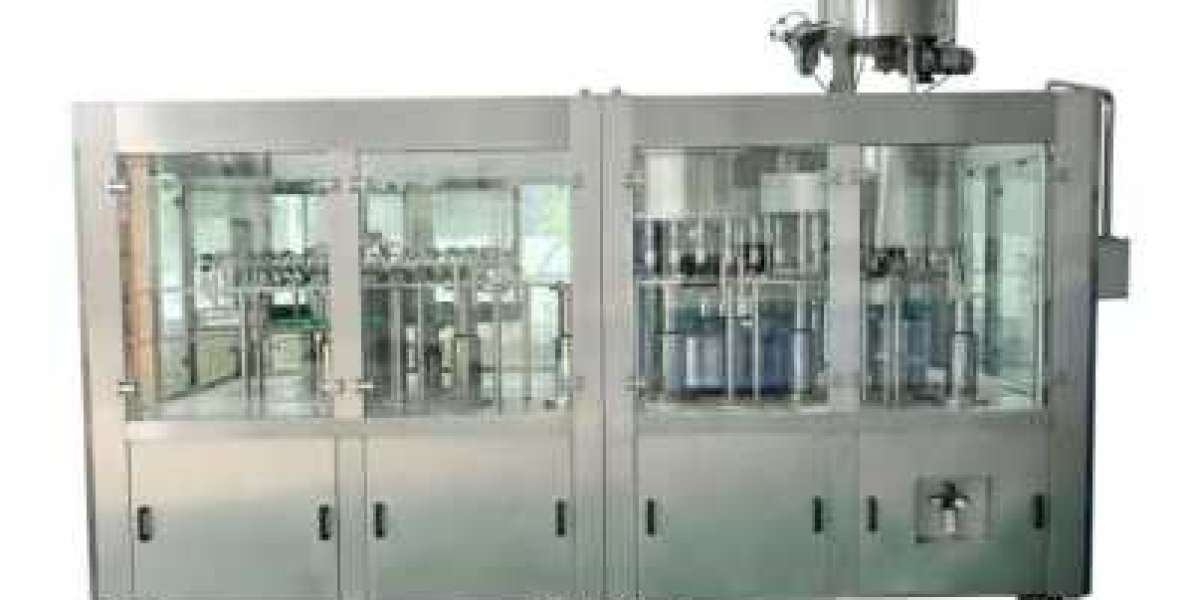Introduction:
The Food and Drug Administration (FDA) plays a crucial role in safeguarding public health by regulating and overseeing the safety and effectiveness of a wide range of products, from pharmaceuticals to medical devices. Obtaining FDA certification is a meticulous and essential process for manufacturers and developers looking to bring their products to the market.
Understanding FDA Certification:
FDA certification is a formal acknowledgment by the FDA that a product meets the necessary standards for safety and efficacy. The process is designed to ensure that products available to consumers are not only safe but also effective in addressing the intended purpose. This certification is particularly vital in industries such as pharmaceuticals, medical devices, and food and beverages.
Pharmaceuticals:
For pharmaceuticals, the FDA's Center for Drug Evaluation and Research (CDER) evaluates the safety and efficacy of new drugs before they can be marketed. This involves a thorough review of preclinical and clinical trial data to determine the product's safety profile and effectiveness in treating or preventing the targeted condition.
Medical Devices:
The FDA's Center for Devices and Radiological Health (CDRH) oversees the certification of medical devices. The process involves classifying the device based on its potential risks and assigning it to the appropriate regulatory pathway. Manufacturers must submit detailed documentation, including design controls, clinical data, and labeling information, to demonstrate the product's safety and performance.
Food and Beverages:
FDA certification is also crucial for ensuring the safety of food and beverages. The FDA's Center for Food Safety and Applied Nutrition (CFSAN) is responsible for evaluating the safety of food products, food additives, and dietary supplements. This includes assessing ingredients, manufacturing processes, and labeling to prevent potential health risks to consumers.
Challenges and Benefits:
While obtaining FDA certification can be a rigorous and time-consuming process, it offers several benefits. Certification enhances consumer trust in the product's safety and effectiveness, opening doors to wider market acceptance. Additionally, FDA certification is often a prerequisite for reimbursement by health insurance providers, further incentivizing manufacturers to undergo the process.
Conclusion:
Navigating the FDA certification process is an integral part of bringing products to market in industries that impact public health. The thorough evaluation conducted by the FDA ensures that products meet rigorous standards, assuring consumers of their safety and efficacy. As technology and innovation continue to drive advancements in various industries, manufacturers must remain committed to upholding the highest standards to successfully navigate the FDA certification process. Ultimately, the collaboration between industry stakeholders and regulatory authorities contributes to a safer and more effective marketplace for consumers worldwide.








